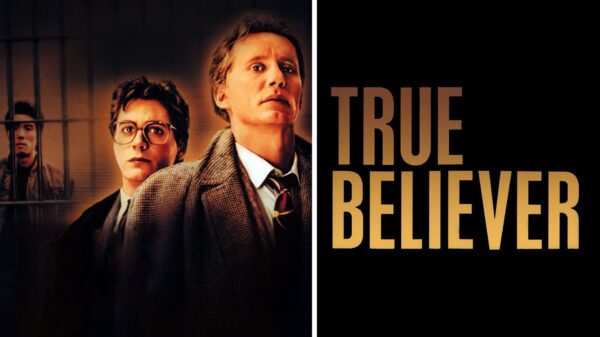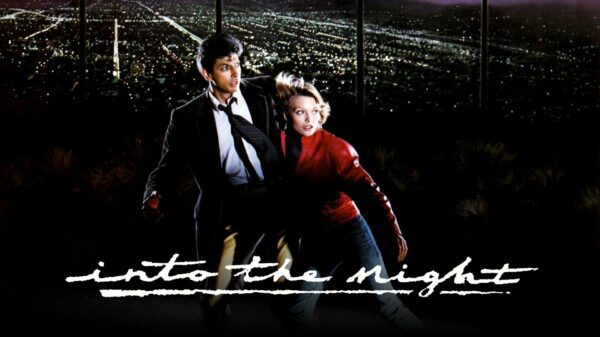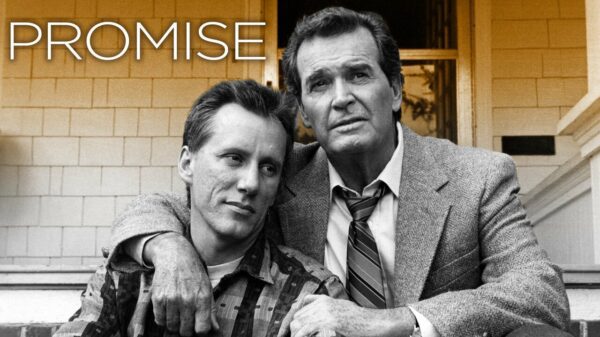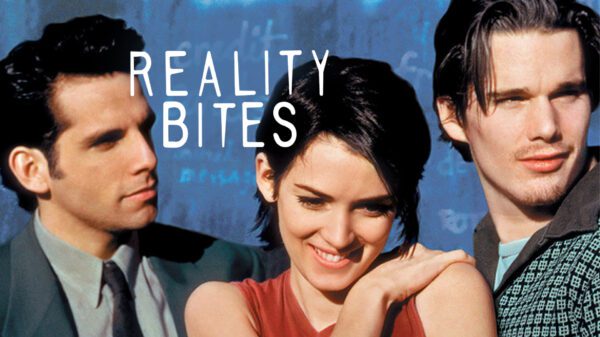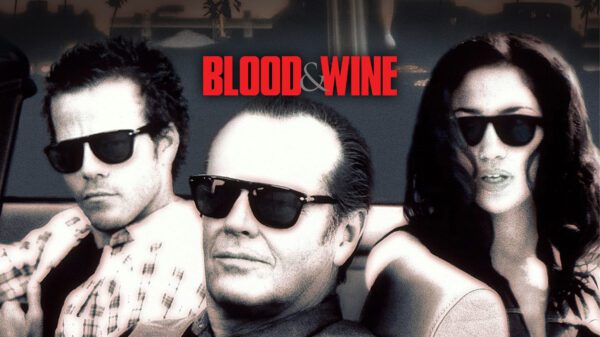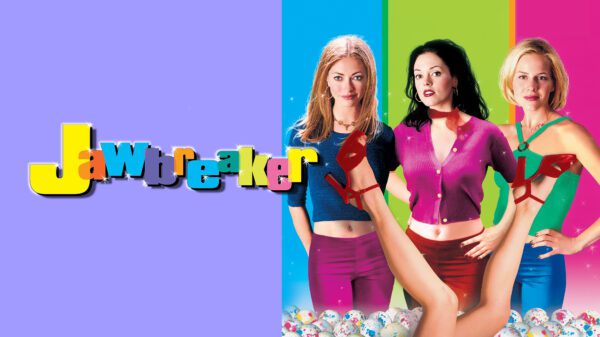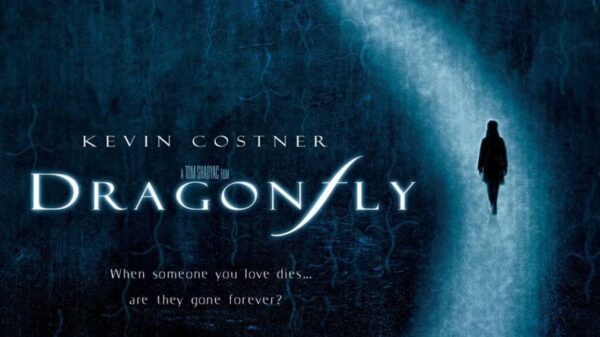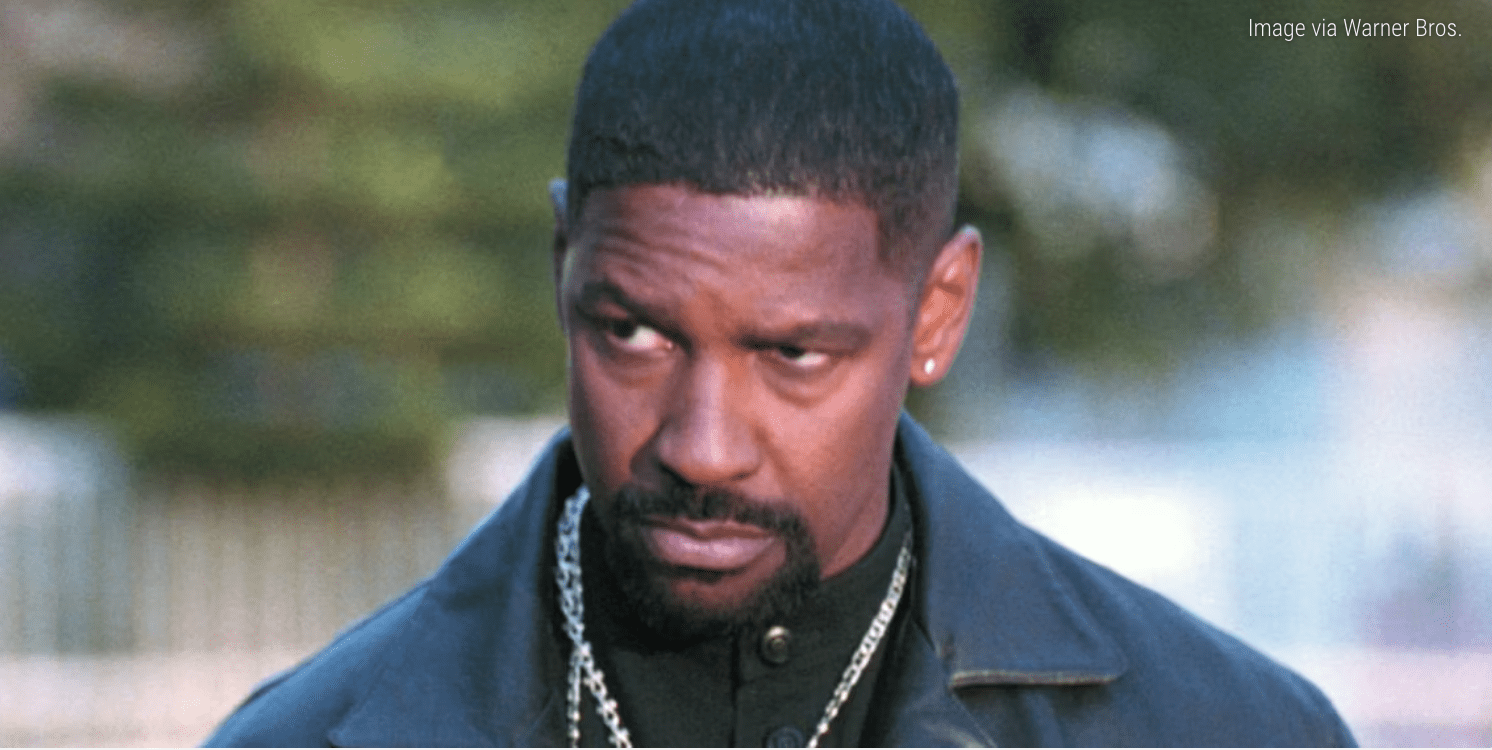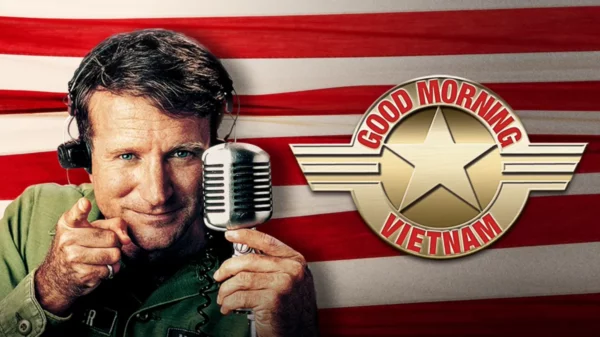Innerspace, released in theaters on July 1, 1987, remains a delightful romp, a testament to imaginative storytelling and a perfectly cast ensemble. Blending thrilling adventure with laugh-out-loud humor, the film takes audiences on a wild ride into the microscopic world, proving that sometimes the biggest fun comes in the smallest packages.
The premise is pure 80s: hotshot Navy pilot Lt. Tuck Pendleton (Dennis Quaid) volunteers for a top-secret experiment where he’s miniaturized in a submersible and injected into a rabbit. However, a botched robbery attempt leads to him being accidentally injected into hypochondriac grocery clerk Jack Putter (Martin Short). What follows is a frantic, hilarious, and often heartwarming race against time as Tuck, from inside Jack’s body, guides the bewildered clerk to evade a ruthless organization determined to get their hands on the miniaturization technology.
Quaid brings his signature charm and roguish good looks to Tuck, making him a charismatic hero even when he’s just a voice in Short’s head.
Short, however, is the true standout. His portrayal of Jack Putter is a masterclass in physical comedy and neurotic vulnerability. Watching him react to Tuck’s internal commands, often with exaggerated facial expressions and flailing limbs, is endlessly entertaining. The chemistry between the two, despite one being unseen for most of the film, is palpable and drives the narrative.
Meg Ryan shines as Lydia Maxwell, Tuck’s feisty journalist girlfriend who gets unwittingly drawn into the chaos. Her quick wit and determination provide a strong female counterpoint to the male leads.
Henry Gibson is wonderfully understated as the timid Dr. Wexler, while Wendy Schaal provides some memorable moments as the villain’s accomplice.
Vernon Wells is menacing yet comically over-the-top as Mr. Igoe, and Kevin McCarthy delivers a chilling performance as the primary antagonist, Victor Scrimshaw.
Beyond the stellar performances, Innerspace boasts impressive visual effects for its time, particularly the sequences inside the human body. These moments are both scientifically intriguing and visually spectacular, immersing the viewer in a world rarely explored with such detail.
The pacing is relentless, keeping the audience on the edge of their seats while never sacrificing the film’s comedic heart.
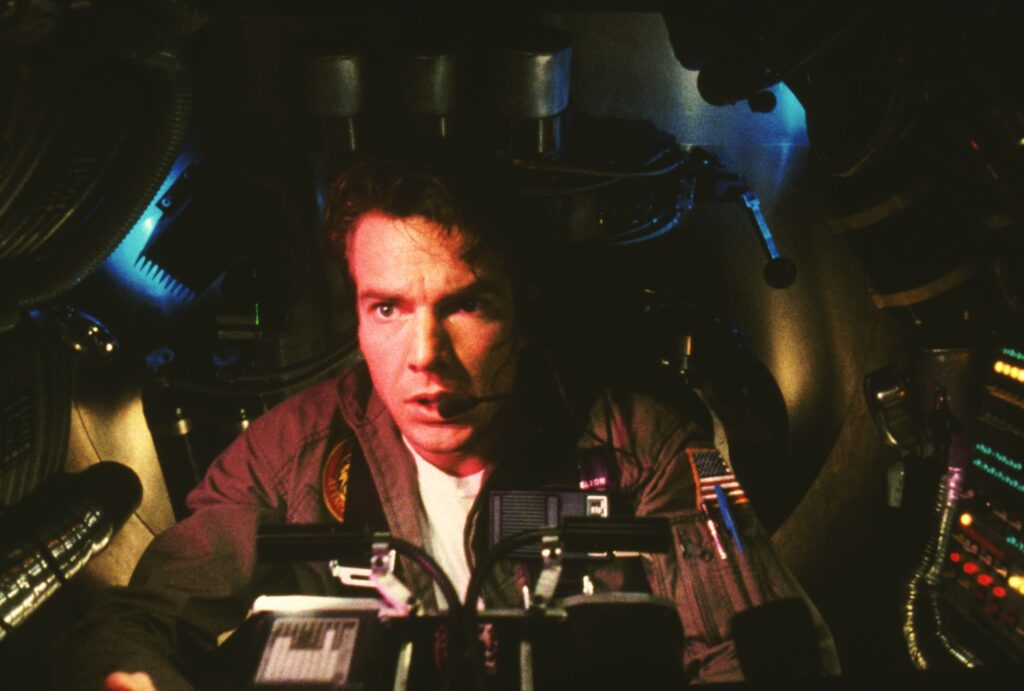
Dennis Quaid in Innerspace (Photo/Warner Bros.)
Reception for Innerspace
Innerspace grossed $4.7 million on its opening weekend, finishing third at the box office.
The film would gross $25.9 million in its theatrical run.
Roger Ebert gave the film three out of four stars in his review.
Legacy
Innerspace is more than just a special effects spectacle; it’s a cleverly written film that balances action, comedy, and even a touch of romance. It’s a true gem of 80s cinema that holds up remarkably well, offering a unique and thoroughly enjoyable cinematic experience.


